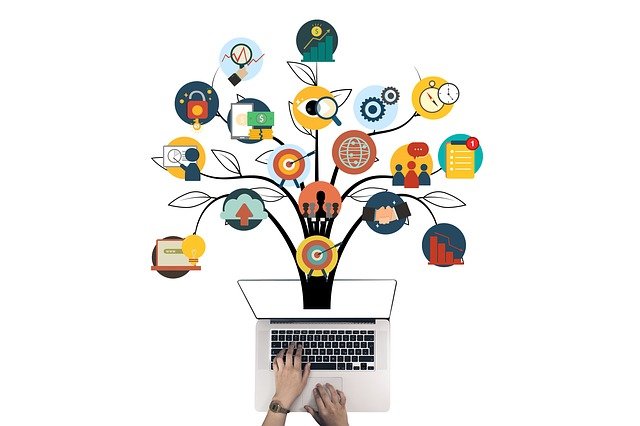Competent people are the main driver for success in any professional service, and auditing – whether in public or private sector – is no exception. And while the general definition of competence may be similar across various practices, the technical requirements to reach an acceptable level of competence is unique to each practice. However, competence is not only measured by technical skills, but also covers the soft personal skills. According to the 2012 Leadership Insights Survey by the Center for Creative Leadership in USA, business leaders said that the most important competencies among young workers were self-motivation/discipline (44%), effective communication (40%) learning agility (29%) self-awareness (26%) and adaptability/versatility (22%).
Although the importance of soft skills had been realized for over a century, specifically when a study published in 1918 by Carnegie Foundation concluded that 85% of job success comes from having well-developed soft skills, I personally think that professional service providers are still focusing more on developing the technical competencies of their employees, with less attention given to soft skills. A study conducted in 2011 by the Association for Talent Development in USA supports my opinion as it states that employers only spent 27.6% of the total cost of employee training and development on soft skills.
Based on my experience of more than 10 years working in the National Audit Office of the Kingdom of Bahrain, during which I managed different audit teams covering the three streams of audit (financial, performance and compliance), I realized that technical skills for SAIs’ Auditors can sufficiently be acquired and developed through on-job training and properly supported by the training courses conducted locally by SAIs or in collaboration with regional bodies and IDI; so generally speaking, there have always been an abundance of opportunities for the auditors to develop their technical skills. On the other hand, I personally think that SAIs might need to put equal efforts and resources towards developing the auditors’ soft skills, which are critical for the achievement of SAIs goals and objectives, such as communication skills (verbal and written), teamworking, leadership, time management, pressure management, decision making, conflict resolution, critical thinking, and creativity and innovation.
We all agree that the latest Covid-19 pandemic was something unprecedented which impacted the SAIs work, and that may last post-pandemic. Such impact has given the auditors new challenges which requires different set of soft skills. It became more important for audit team leaders to have empathy, motivation, and coaching skills, while all auditors needed to have virtual communication skills, better adaptability and to be able to work under immense pressure and uncertainties.
Finally, as an increase of automation and digitalization is expected in the field of audit during the coming decade, more technical tasks – such as risk assessment, sample selection, financial recalculation, reperformance and others – will be performed by computers. As a result, we shall focus more on the attributes and skills that distinguish us uniquely as human beings, which are simply our soft skills.
by Mahmood Hashim
Director, Administrative Audit, National Audit Office of the Kingdom of Bahrain


